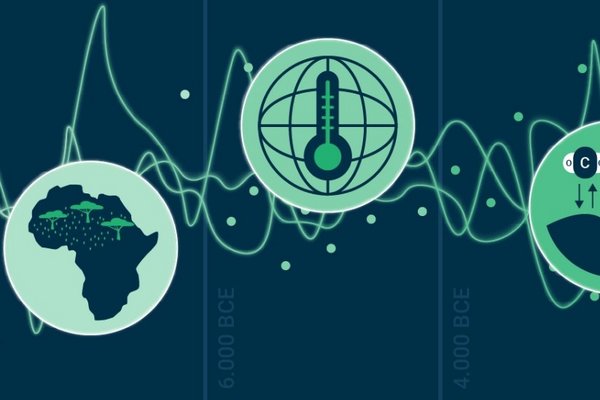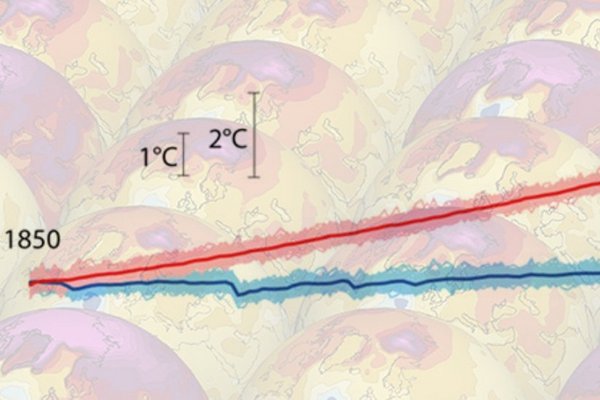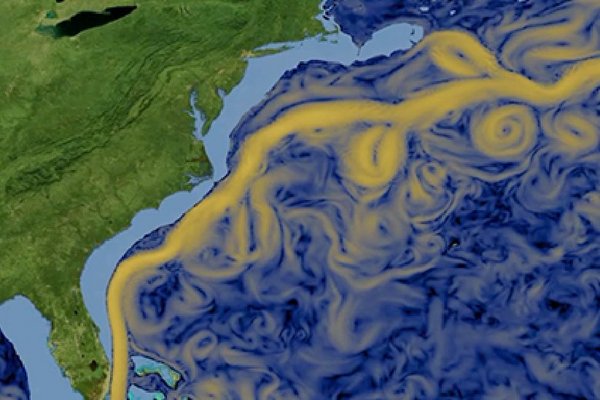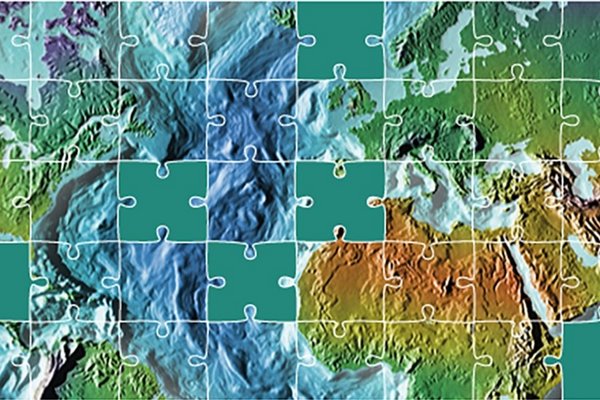
Are midlatitude weather and climate influenced by Arctic Amplification?
Many factors and regions can influence how the weather and the climate of the mid-latitudes may change under global warming. Particularly the…

The newest IPCC report – a look behind the scenes
A very personal account by Jochem Marotzke The just-published Assessment Report 6 (AR6) of the Intergovernmental Panel on Climate Change IPCC has…

FESSTVaL: a field campaign targeted to the detection of small-scale weather phenomena
Like a magnifying glass, FESSTVaL will peer into the internal structure of small-scale weather phenomena, with a particular emphasis on summertime…

Ozone, air chemistry, Earth-system science, environmental modeling — researcher portrait Guy Brasseur
The recently published book “The Ozone Layer, From Discovery to Recovery” is a fascinating reading from the discovery of ozone in the 19th century…

Variability of the Earth system over the last 8000 years
After the peak of the last ice age about 21,000 years ago, the great ice masses that had covered large parts of North America and northern Europe…

CLICCS – A cluster of excellence for climate research – Which climate futures are possible and which are plausible?
The Paris climate agreement from December 2015 recognized that the world is warming and that humans are primarily responsible for it. This provided a…

DYAMOND – Next Generation Climate Models
At a very basic level the main job of the climate system is to redistribute energy, specifically solar energy that is received from the sun is…

EUREC4A—an international field study to test hypothesized cloud controlling factors influencing weather and climate
From 20 January through 20 February 2020, the EUREC4A (Elucidating the role of clouds-circulation coupling in climate) field study will investigate…

The Max Planck Institute for Meteorology Grand Ensemble – an instrument for studying the internal variability of the climate system
During the last 150 years, the increasing atmospheric concentration of anthropogenic greenhouse gases has been the main driver of climate change.…

Ocean modelling at MPI-M – from LSG to ICON-O
The Max Planck Institute for Meteorology (MPI-M) has a long tradition of creating general circulation models of the ocean in order to pursue its…

Conceptual modeling at MPI-M
The Max Planck Institute for Meteorology (MPI-M) develops complex Earth system and climate models. To investigate and understand processes, the…

The MPI-M as a host for postdoctoral fellows
The Max Planck Institute for Meteorology (MPI-M) attracts many young postdoctoral scientists to come to Hamburg, Germany, to do their research and…
